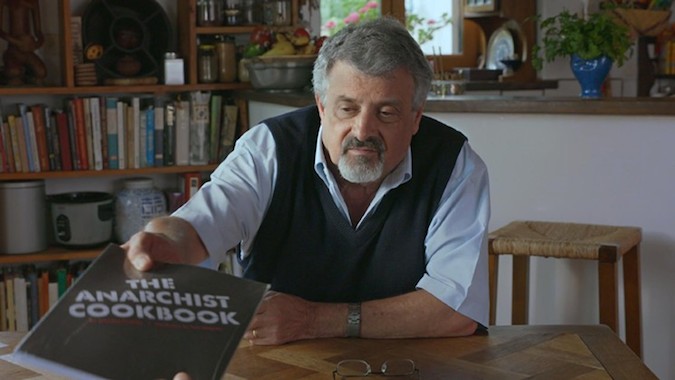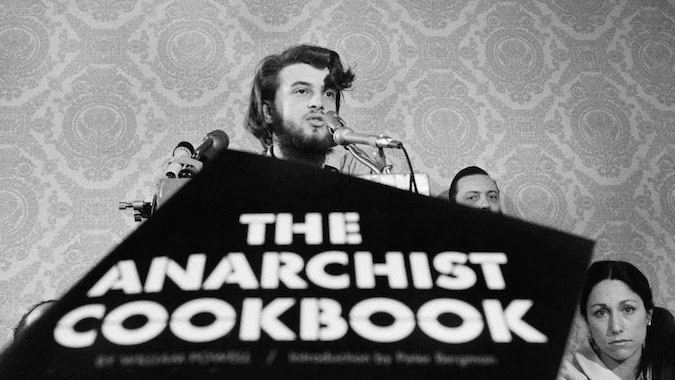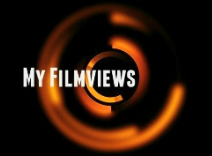
I can still remember the time when I first got on the internet. It was at the end of the nineties and the web was a completely different place from the one it is now. For most it was new and exciting and almost everyone I was in class with spent so much time on it that they had to redo the year. We were all at an age where we were looking for the extremes, where we were playing a game of cat and mouse with the system administrators, making sure that we could get online and onto message boards at moments when we weren’t supposed to. Anything you could think of was easy to find, even more extreme stuff and one of the was The Anarchist Cookbook, written by William Powell. Fortunately no one actually did anything with the information, but it was just cool to show others you had found something like that. But this infamous book has been used a lot since its publication in the seventies. It has recipes for bombs, making silencers, drugs and other things to attack others. In this documentary director Charlie Siskel talks to the writer of the book.

Powell wrote the book when he was 19. He had a tough time growing up and saw society changing. He thought it was important that anyone was able to defend themselves and worked on the book for weeks in a library, partly based on information he found in American army books. That his book would have as much impact as it did he never expected and as a 65-year-old man it still is something he has to carry with him and something which keeps following him. It has had impact on his career as a teacher. Powell is able to articulate what his struggles have been and what the impact the book has had on his life, which is the interesting part of this documentary. The annoying part is that Siskel only seems to have one agenda: To make Powell look like a monster, even if it’s clear that Powell is struggling with his past and can’t do anything to stop the publication of the book. Constant Siskel wants to make clear that various bombings/attacks took place for which he is partly to blame. It’s surprising that Powell can remain as calm as he does and takes his time to choose his words wisely. It’s Siskel who makes this a more one-sided documentary than it should be and it’s Powell who comes across as the wiser man. At 19 he did something he was convinced was something he should do and which he later regrets. A sentiment everyone will recognize. When we were young we all have done things which later turned out to be not the smartest choice, which doesn’t make us bad people.


![]()
